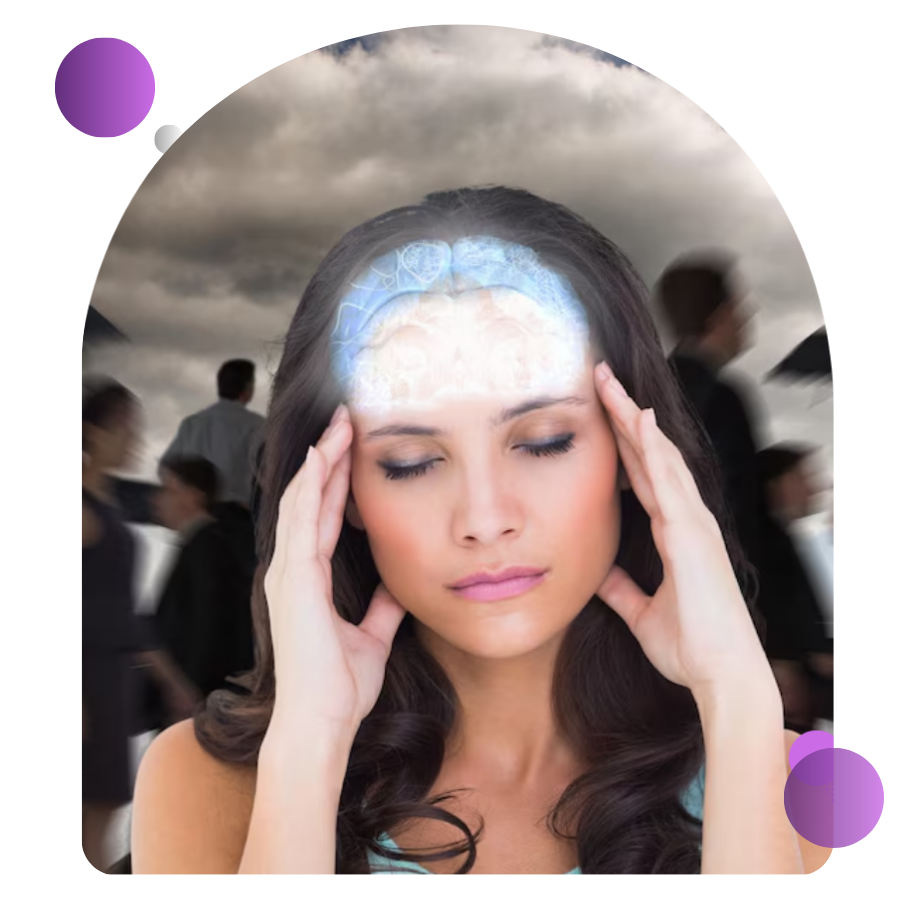

Memory and Cognitive-Communication Disorders
Memory and Cognitive-Communication Disorders
What Are Memory and Cognitive-Communication Disorders?
Memory and cognitive-communication disorders affect a person’s ability to think, remember, organize ideas, pay attention, and effectively communicate.
These difficulties can occur after conditions like traumatic brain injury (TBI), stroke, dementia, brain tumors, or neurological illnesses.

Classification:
Memory Impairments:
- Short-term memory loss (difficulty remembering recent events).
- Long-term memory disruptions (forgetting important facts or life events).
- Working memory problems (difficulty holding and using information briefly).
Executive Function Deficits:
- Problems with planning, organizing, decision-making, and problem-solving.
Attention Deficits:
- Easily distracted.
- Trouble focusing on tasks or conversations.
Social Communication Challenges:
- Difficulty following conversations, understanding humour or sarcasm, or recognizing social cues.
How Therapy Helps
- Speech-language pathologists (SLPs) design personalized therapies to rebuild thinking and communication skills.
- Therapy may focus on memory strategies, attention-building exercises, problem-solving tasks, and communication training.
- Use of external aids like calendars, apps, notebooks, and visual reminders.
- Collaboration with occupational therapists and neuropsychologists for holistic cognitive rehabilitation.
Support & Strategies: Living with Cognitive Communication Disorders

What Research Says
- Structured cognitive rehabilitation improves thinking skills:
Cognitive therapy programs show positive effects on attention, memory, and executive functions after brain injury (Cicerone et al., 2011). - External memory aids boost independence:
Studies confirm that using notebooks, reminders, and smartphone apps significantly helps individuals manage memory impairments (Sohlberg & Mateer, 2001). - Family support enhances communication outcomes:
Involving caregivers in therapy leads to better communication and social reintegration (Tate et al., 2014).
Understanding Memory & CCD: FAQ Guide
They often result from brain injuries, strokes, neurodegenerative diseases (like Alzheimer's), or even mental health conditions like depression.
Yes! With structured therapy, adaptive strategies, and practice, many people make meaningful improvements.
Be patient, simplify instructions, encourage using external supports, and celebrate small successes.
Children often show better recovery due to brain plasticity, but both children and adults benefit greatly from early and consistent therapy.
